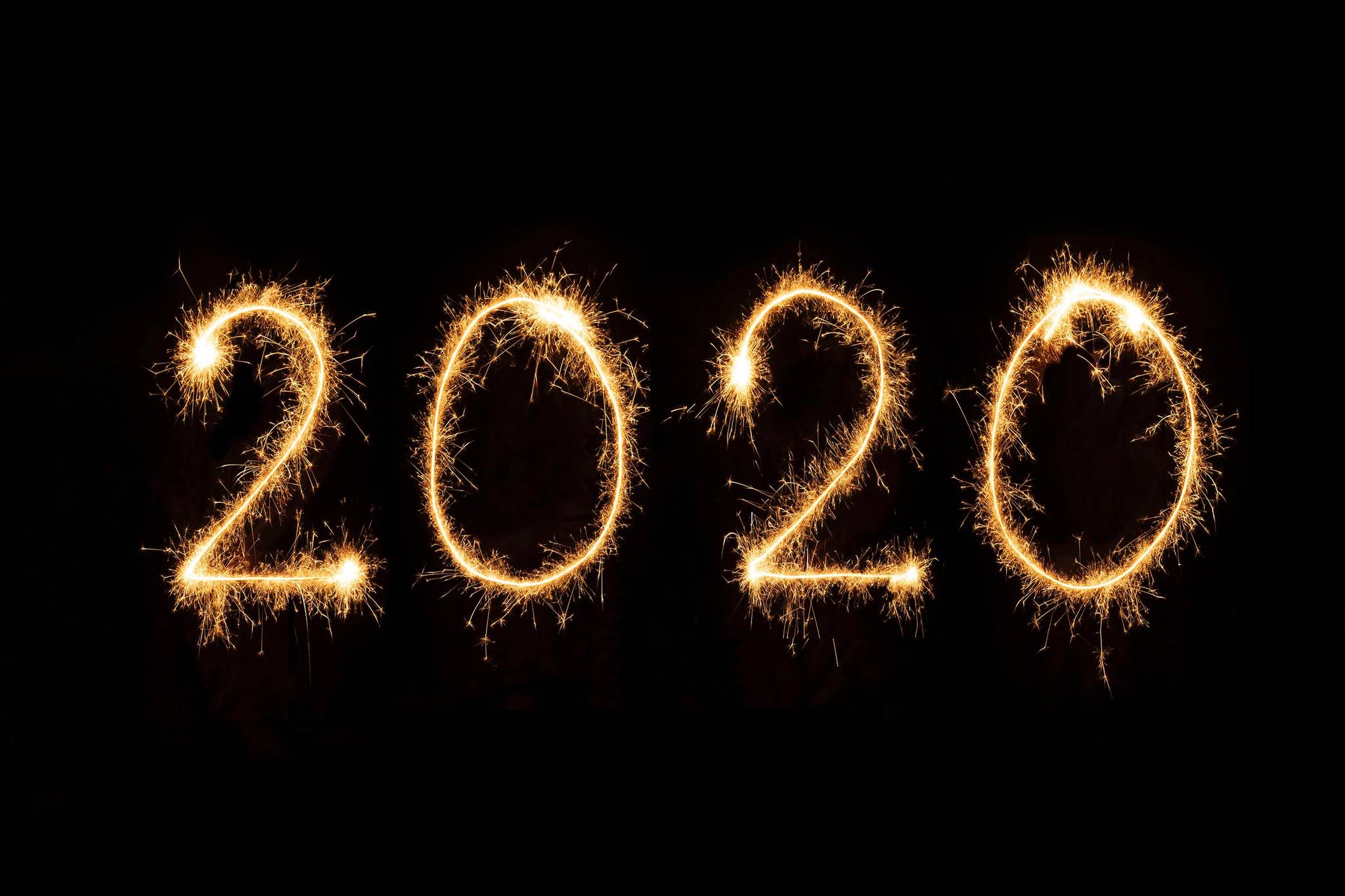With the new year right around the corner, some new changes are on the horizon. Not all will take effect Jan. 1, but it’s always good to have a head’s up.
Water utility rates are going up Jan. 1, a total of 4% for both water and wastewater charges. Water utility rates will rise from $36.17 per month to $37.62. Wastewater rates are increasing from $94.23 to $98, according to the City and Borough of Juneau’s Utility Division.
The Juneau City Assembly voted in August to increase the rates citing an aging water infrastructure and rising inflation. The rate increase is meant to help pay for maintenance of the infrastructure, according to the text of the ordinance.
Future rates can be found at the Utility Division website.
On the same day, the $4 household hazardous waste fee will be removed. On Jan. 14, the RecycleWorks drop boxes currently located at Juneau Douglas and Thunder Mountain High Schools will be removed.
Frequent dumping, misuse of containers and high cost of winter operation were reasons cited by the city for the drop boxes’ removal.
However, also on the 14th, Juneau’s new recycling center will open with expanded hours. The new center is still located at 5600 Tonsgard Court and will be open Tuesday-Friday from 7 a.m.-4:30 p.m. and Saturday from 8 a.m.-4:30 p.m.
Minimum wage in Alaska is set to rise as well, per a 2014 ballot measure when voters approved a wage increase with annual automatic inflation adjustments.
Starting in January, the state minimum wage will rise from $9.89 an hour to $10.19, according to the Department of Labor and Workforce Development.
Also coming in 2020 — but not until Oct. 1 — are REAL ID requirements. REAL IDs will be a federal requirement for anyone who wants to board a commercial aircraft, enter federal facilities (including military bases) or nuclear power plants.
Applicants will need to provide proof of name, lawful status, social security number and principal residency in order to obtain a REAL ID. There is also a $40 fee to obtain a standard non-commercial driver’s license. Different license types come with other fee amounts. A list of acceptable documents and fee amounts can be found at the Alaska Department of Motor Vehicles website.
Passports can still be used to travel domestically, as well as a number of other recognized identification types. Visit the Transportation Security Administration website for more details.
• Contact reporter Peter Segall at 523-2228 or psegall@juneauempire.com.

